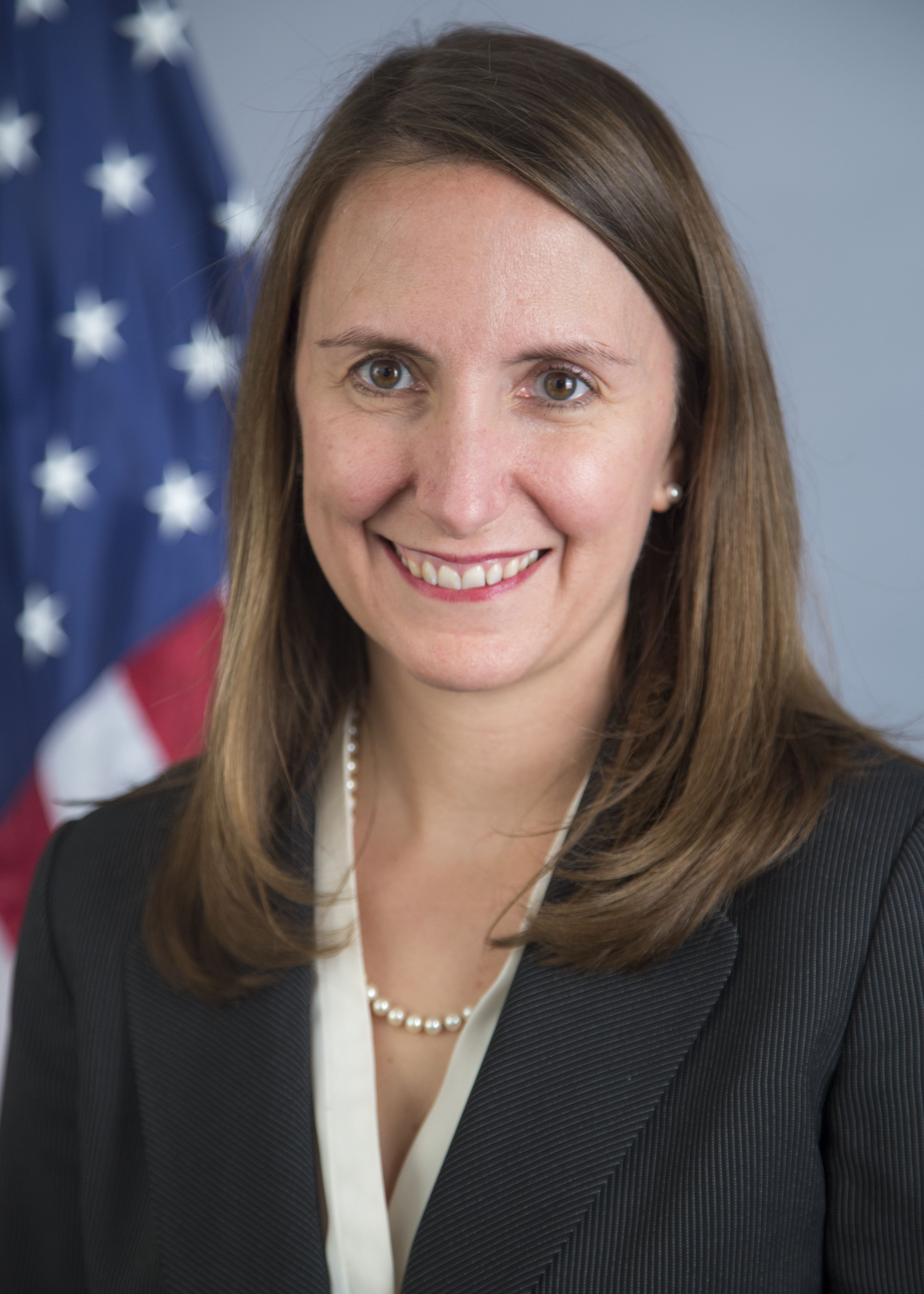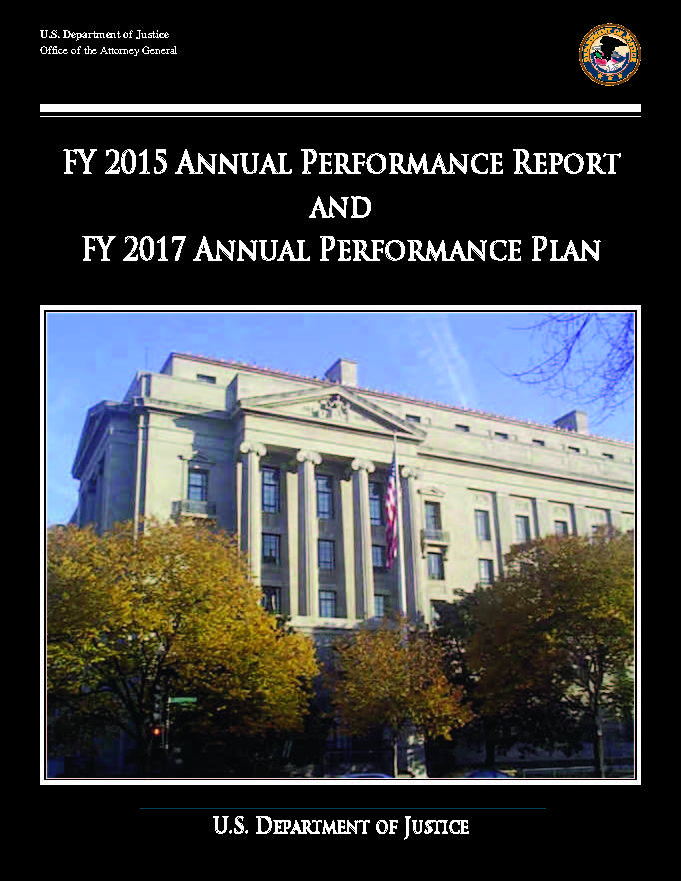- Home
- Agencies
- Department of Agriculture
- Department of Housing and Urban Development
- General Services Administration
- Department of Commerce
- Department of the Interior
- National Aeronautics and Space Administration
- Department of Defense
- Department of Justice
- National Science Foundation
- Department of Education
- Department of Labor
- Office of Personnel Management
- Department of Energy
- Department of State
- Small Business Administration
- Environmental Protection Agency
- Department of Transportation
- Social Security Administration
- Department of Health and Human Services
- Department of the Treasury
- U.S. Agency for International Development
- Department of Homeland Security
- Department of Veterans Affairs
- Goals
- Initiatives
- Programs
Primary tabs
Key to Changes
This text is Revised text
This word has been added to the text
This text is Last Published text
This word has been removed from the text
Modifed styling with no visual changes
FY 16-17: Agency Priority Goal
Fraud and Public Corruption
Priority Goal
Goal Overview
The term white collar crime is synonymous with a full range of frauds committed by business and government professionals. It is not a victimless crime. A single scam can destroy a company, devastate families by wiping out their life savings, or cost society billions of dollars (or even all three). Today’s fraud schemes are more sophisticated than ever. The financial crisis of 2008, impacting every American, resulted in fraud and deception in the finance and housing markets, as well as fraudulent schemes that misused the public’s unprecedented investment in economic recovery. The distressed condition of the national housing market, paired with high unemployment, created a fertile environment for unscrupulous fraudsters seeking to take advantage of desperate homeowners. Criminals who commit mortgage fraud, securities and commodities fraud, and other types of fraud victimize the American public as a whole. Similarly, those who defraud Medicare, Medicaid, and other government health care programs defraud every American. Fraudsters take critical resources out of our health care system—thus contributing to the rising cost of health care for all Americans and endangering the short-term and long-term solvency of these essential health care programs. The Department will address these critical problems by vigorously investigating and prosecuting white collar crimes, including financial fraud and health care fraud, in order to protect American businesses, consumers, and taxpayers. Fraud and public corruption, as reported by this Priority Goal, include a number of criminal and civil reporting categories including but not limited to: financial crime and corruption; public and corporate fraud, including health care fraud and mortgage fraud; public corruption; computer/cybercrime; identity theft; intellectual property crimes; and procurement fraud. Public corruption is a breach of trust by federal, state, or local officials—often with the help of private sector accomplices. Public corruption misdirects public monies, distorts governmental decision-making and threatens our democratic processes. Corrupt public officials undermine our country’s national security, our overall safety, the public trust, and confidence in the U.S. government, wasting billions of dollars. This corruption can tarnish virtually every aspect of society. The U.S. Foreign Corrupt Practices Act (FCPA), passed in 1977, makes it illegal for U.S. companies, U.S. persons, and foreign corporations with certain U.S. ties to bribe foreign officials to obtain or retain business overseas. Foreign bribery can impact U.S. financial markets, economic growth, and national security. It also breaks down the international free market system by promoting anti-competitive behavior and, ultimately, makes consumers pay more. The Department will pursue criminal and civil litigation to protect the federal fisc and hold accountable corrupt officials and those who commit fraud; and promote transparency in markets by preserving competition and protecting consumers and investors.
Strategies
The investigation of complex fraud and public corruption schemes necessitates a greater commitment of time and resources. These investigations often require a mastery of the regulatory scheme governing the underlying government program at issue; interviews of a multitude of witnesses; analyses of massive amounts of documentary material, and the coordination of numerous federal and state law enforcement authorities with responsibility over such matters. There are compelling reasons to move these matters in as expeditious a manner as possible, inclusive of the need to bring wrongdoers to justice as rapidly as possible, returning to the public fisc the losses incurred as a result of such schemes and bringing those responsible to justice. In the context of prosecuting large banks/corporations, the Department will also ensure that individuals are held accountable and not just entering into money judgment settlements. As part of the Attorney General’s Individual Accountability Initiative, there is no financial institution too big to indict and no executive immune from criminal prosecution. As we balance limited resources against increasing demands, the Department will continue to address these critical problems by vigorously investigating and prosecuting white collar crimes and public corruption, so as to protect American businesses, consumers, and taxpayers. Bringing investigations to resolution more quickly will help deter similar criminal conduct and ensure that our limited resources are expended appropriately.
Progress Update
Annual Performance Measure: By September 30, 2017, increase the number of new investigations by 2 percent with emphasis on holding individuals accountable associated with fraud and public corruption, including white collar crime, financial fraud, and health care fraud.
For FY 2016, the Department handled 11,395 investigations comprised of 10,324 fraud investigations and 1,071 public corruption investigations. The Department was not able to meet the annual target of 12,844. Fraud and public corruption cases are some of the most complex cases that the United States USAOs handle. The majority of these cases are data intensive, requiring the collection, organization, and analysis of massive amounts of electronically stored information. Substantial resources must be allocated to reviewing and analyzing such data in existing investigations, which can reduce resources available to new investigations. Moreover, the time required to pursue our already high number of pending matters – from investigation through sentencing and appeal – is significantly longer than in other cases due to the complex nature of the crimes. In FY 2016, the Department continued to vigorously investigate and prosecute crimes related to fraud and public corruption. For example, in June 2016, a federal jury found Congressman Chaka Fatah Sr. (PA) guilty of all charges stemming from a racketeering conspiracy involving several schemes that were intended to further his and his co-conspirators’ political and financial interests by misappropriating federal, charitable and campaign funds, among other schemes. The evidence at trial showed that, among other things, Fattah and certain associates borrowed $1 million from a wealthy supporter for his failed 2007 campaign for mayor of Philadelphia, and disguised the funds as a loan to a consulting company. After he lost the election, Fattah returned to the donor $400,000 that the campaign had not used and arranged for Educational Advancement Alliance, a non-profit entity that Fattah founded and controlled, to repay the remaining $600,000 using charitable and federal grant funds that passed through two other companies. To conceal the contribution and repayment scheme, the defendants and others created sham contracts and made false entries in accounting records, tax returns and campaign finance disclosure statements. Also in FY 2016, Arthur Budovsky (NY) was convicted and sentenced to twenty years in federal prison for running a massive multi-million dollar money laundering enterprise through his company Liberty Reserve, a virtual currency that was used by cybercriminals around the world. Liberty Reserve billed itself as the Internet’s “largest payment processor and money transfer system” and operated one of the world’s largest and most widely used digital currencies. Budovsky designed Liberty Reserve with a focus of attracting criminals that conducted Ponzi schemes and trafficked in stolen credit cards. In January 2016, within days of his trial date, he pled guilty to one count of conspiring to commit money laundering. Budovsky admitted to laundering between $250 million and $550 million in criminal proceeds linked to Liberty Reserve accounts based in the United States. The Department will continue to pursue criminal and civil litigation to protect the federal fisc and hold accountable corrupt officials and those who commit fraud; and promote transparency in markets by preserving competition and protecting consumers and investors.
EOUSA:
MIlestone 1: Offer annual in person training sessions to experienced AUSAs on the Initiative and prosecuting individuals within a corporation.
Milestone 2: Increase the amount of web-based training offered to the United States Attorney’s community so as to better equip AUSAs to protect the American people from fraud and public corruption. Accomplish by recording one or two training sessions from each NAC course listed below and advertise and rebroadcast on JTN, and/or posted on USA-Net training links, and/or USA Meeting webinars.
"1. EOUSA’s “Public Corruption: Caselaw Update and Election Crimes” webinar, July 20, 2016, at 12 p.m. Description: Raymond Hulser, Chief of the Public Integrity Section, discussed recent issues in the investigation and prosecution of public corruption cases, including the Supreme Court's decision in McDonnell v. United States. Also, Richard Pilger, Public Integrity's Director of Election Crimes, provided an overview of investigating and prosecuting election crimes, including campaign finance laws, patronage crimes, and the corruption of the election process.
2. EOUSA and the Civil Division’s “How to use the new DOJ-Civil Frauds/Palantir database of TRICARE compounded drug claims” webinar, September 27, 2016. Description: Within the last year DCIS/TRICARE suffered substantial losses due to compounding fraud drug cases. This compounded drug claims database was created by the Civil Division to serve as a central repository of TRICARE claims data, and set up to serve as a deconfliction list for these cases across the country. Sanjay Bhambhani, Senior Trial Counsel, DOJ-Civil Frauds, and Jeff Lysaght, Healthcare Fraud Program Manager, DOD-DCIS explained and guided viewers through the newly enhanced database of TRICARE compounded fraud claims, and also answered any questions.
3. EOUSA’s “Settlement Agreements Involving MFCU” webinar, September 28, 2016. Description: USAO and DOJ attorneys, auditors, analysts, investigators and paralegals regularly work with the states on large healthcare fraud settlements. To ensure uniformity in these settlements, Civil Chief Peg Hutchinson from the Eastern District of Pennsylvania, and Assistant Director Ed Crooke and Senior Trial Counsel Eva Gunasekera of the Civil Fraud Division discussed best practices on working with Medicaid Fraud Control Units (MFCU) in healthcare fraud settlements. The webinar also included a discussion on calculating damages in settlements and provided clarification of Department policy. "
CIV:
Milestone 1: In order to leverage the improved quality and quantity of data available to investigators and analysts, by FY 2017, the Civil Division will dedicate a team of investigators and analysts in the Consumer Protection Branch (CBP) to enhance new and ongoing financial and consumer fraud investigations.
- One of the six positions have been brought onboard. CIV has interviewed several candidates in the third and fourth quarters and wil lbe making hiriing decidsion shortly.
Next Steps
EOUSA:
Milestone: By 2017, fully implement a training program which directly addresses the Attorney General’s (AG) Individual Accountability Initiative.
• Offer web-training - Healthcare Fraud Coordinator Course
• In person training sessions to experienced AUSAs on the Initiative and prosecuting individuals within a corporation.
• OLVP is planning a public corruption webinar that will be broadcast to the USAO community and Department’s Criminal Division on July 20, 2016.
CIV:
Milestone 1: Leverage the improved quality and quantity of data available to investigators and analysts. By FY 2017, the Civil Division will dedicate a team of Consumer Protection Board (CPB) investigators and analysts to enhance new and ongoing financial and consumer fraud investigations. CPB is adding 6 investigators and analysts to enhance new and ongoing financial and consumer fraud investigations. CPB hopes to have these positions on-board by the end of FY 2016.
• One investigator was hired in 2nd quarter and has been brought onboard. No new hires have been made in 3rd quarter.
Milestone 2: Advise key stakeholders on the best practices associated with bringing fraud cases under the Financial Institutions Reform, Recovery, and Enforcement Act (“FIRREA”) and the False Claims Act (“FCA”). DOJ attorneys with expert knowledge of FIRREA and FCA will hold 2 national training conferences by FY 2017, with an audience that would include Civil Division attorneys, Assistant U.S. Attorneys, other DOJ attorneys, federal agency investigators, as well as state and local partners. This milestone will be reported in FY 2017.
Milestone 3: Create an environment that encourages whistleblowers to uncover and report financial and health care fraud by participating in speaking engagements, trainings, and national conferences with internal and external audiences. This milestone will be reported in FY 2017.
Expand All
Performance Indicators
Increase in number of new fraud and public corruption investigations by 2 percent
Other Indicators
Number of fraud investigations
Number of public corruption investigations
Contributing Programs & Other Factors
Contributing programs within the agency
• Executive Office for U.S. Attorneys (EOUSA)
• Criminal Division (CRM)
• Civil Division (CIV)
• Antitrust Division (ATR)
• Tax Division (TAX)
Contributing programs or partners outside the agency
• Health and Human Services/Office of the Inspector General
No Data Available










